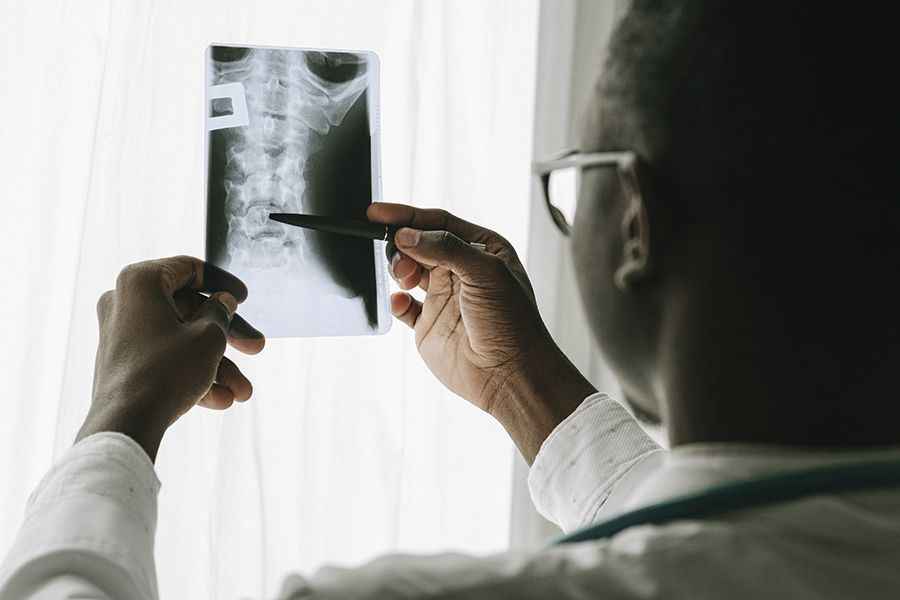Post-Collision Audit: What are the Most Critical Auto Accident Injuries on the Roads?
A vehicle collision is a high-energy event that subjects the human body to extreme decelerative forces. According to data from the Association for Safe International Road Travel, approximately 2.35 million individuals annually suffer injuries or disabilities due to incidents on the roads. These injuries are often not immediately apparent; the adrenaline of the impact can mask internal failures that lead to long-term operational disability. This guide provides a technical audit of the most frequent physical and psychological injuries resulting from auto accidents and the importance of immediate post-crash evaluation.

| Injury Classification & Impact Matrix | |
|---|---|
| Spinal Trauma | Herniated discs and nerve compression (Whiplash) |
| Cognitive Failure | Traumatic Brain Injury (TBI) and neurological deficits |
| Lower Extremity | Knee impact (Dashboard syndrome) and meniscus tears |
| Upper Extremity | Shoulder ligament tears due to seat belt deceleration |
1. Spinal Integrity: Herniated Discs and Whiplash
The force of a collision frequently compromises the alignment of the vertebrae. While neck and back strains (whiplash) are common, more severe impacts can cause the tissue between the vertebrae to rupture, resulting in a herniated disc. This failure in spinal integrity can compress nerves, leading to acute pain, numbness, and loss of motor control. Because symptoms can take weeks to manifest on the roads of recovery, a radiological audit of the spine is essential after any high-velocity impact.
2. Traumatic Brain Injury (TBI): The Invisible Failure
During a crash, the brain can strike the interior of the cranium due to rapid acceleration-deceleration cycles. Traumatic Brain Injuries (TBI) can lead to permanent cognitive degradation. Symptoms such as memory issues, personality shifts, or chronic irritability are often subtle at first but indicate a significant neurological failure. Any operator involved in a serious incident on the roads should undergo a neurological evaluation to rule out long-term TBI complications.
3. Kinetic Impact: Knee and Shoulder Trauma
Occupants often strike the dashboard or brace with excessive force against the brake pedal, leading to "dashboard syndrome." This results in shattered patellas or torn meniscus. Similarly, the safety restraint system—while vital for survival—concentrates massive decelerative force on a single shoulder. This can lead to ligament tears and severe bruising that worsen over time. Evaluating these joint injuries early is critical for maintaining future mobility and preventing permanent disability after a mission on the roads.
4. Psychological Trauma and Phobia Management
Auto accidents also impact an operator’s psychological readiness. Serious collisions can induce driving-related phobias or severe anxiety, which can compromise an individual’s ability to return to the roads. Untreated psychological trauma can lead to long-term operational paralysis. Early intervention by mental health professionals is as important as physical rehabilitation to ensure the driver can regain their situational confidence and return to active transit.
Conclusion: The Importance of Immediate Evaluation
Even a seemingly minor incident on the roads can hide significant physical or psychological damage. Monitoring for "delayed-onset" symptoms and securing a professional medical audit immediately after a collision is the only way to prevent long-term complications. Protecting your health is part of your responsibility as an operator. Document your symptoms, seek expert evaluation, and focus on the road. Recovery is a logistical mission that starts with a single diagnosis.